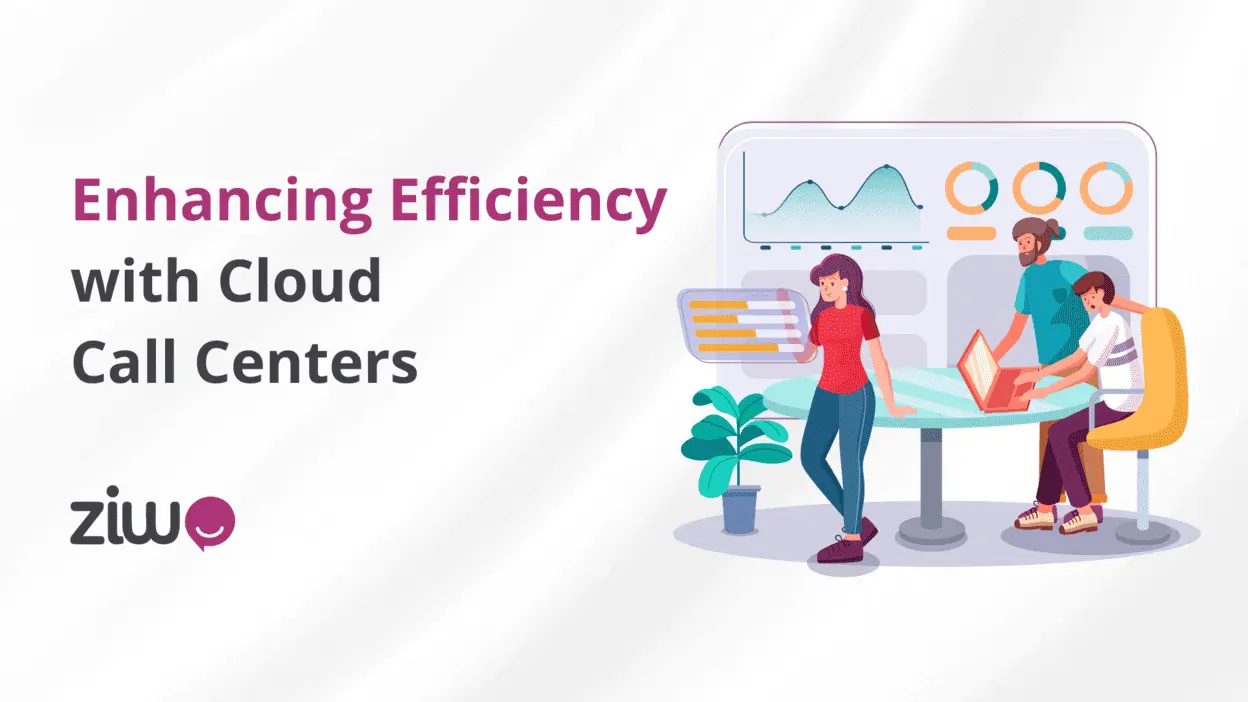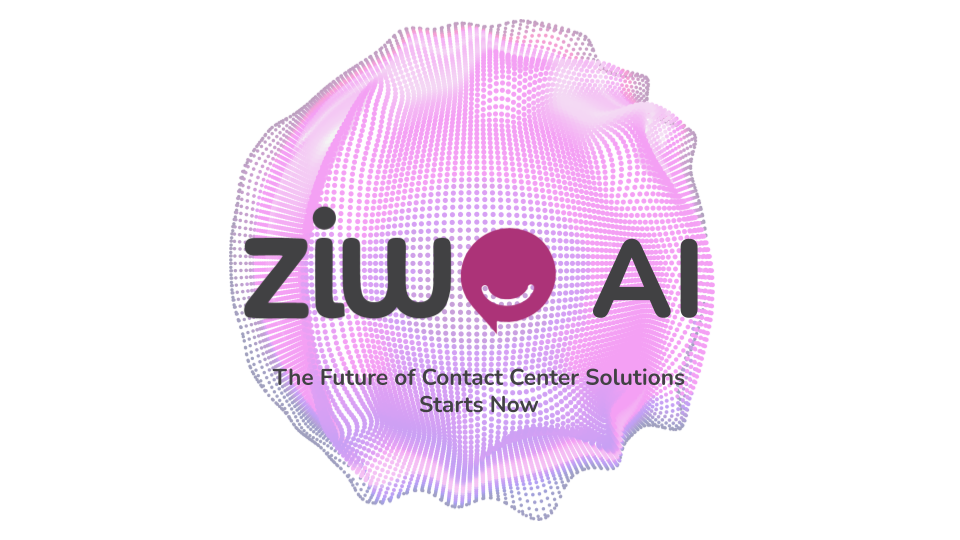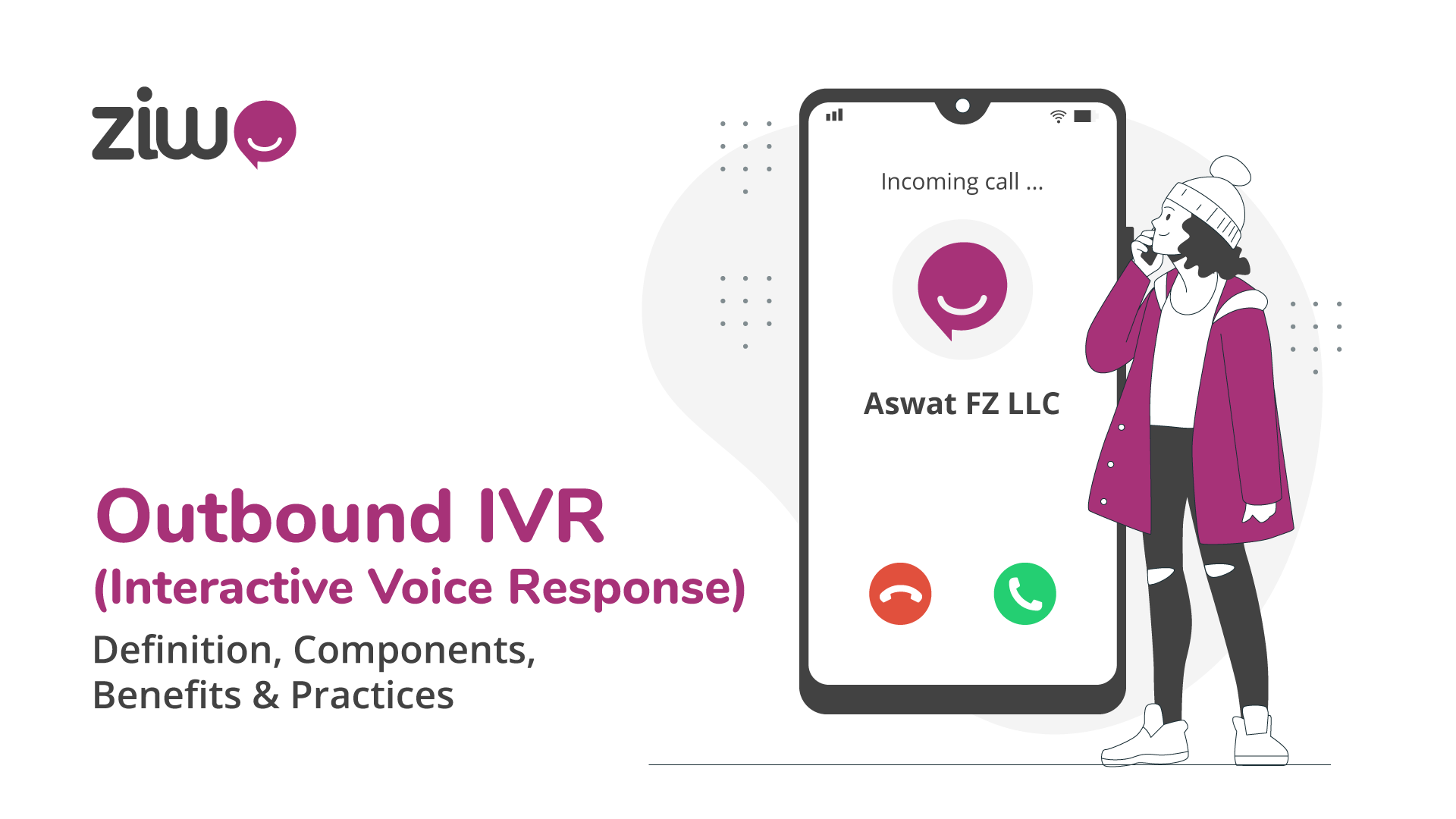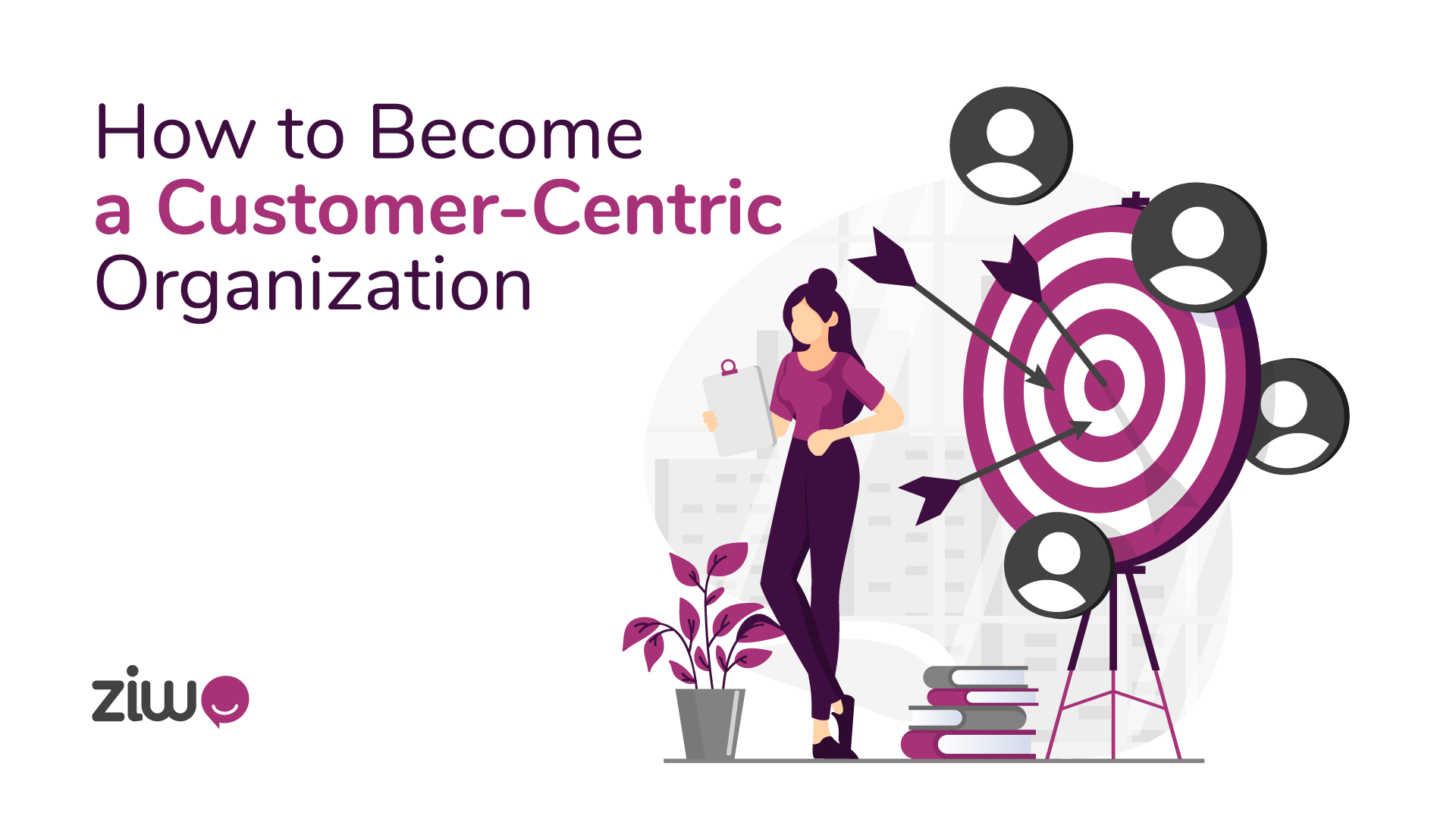
How do cloud call center solutions enhance business efficiency8?
The cloud-based call centers help businesses maintain scalability to current needs, cost-effectiveness that allows them to purchase services according to usage, flexibility of remote work arrangements, integration with other existing systems in an organization and many more, such as omnichannel communication and AI analytics1.
Introduction to Cloud Call Center Efficiency
Cloud call center productivity is unarguably the main factor today, knowing that customer satisfaction and proficiency are the only ways to achieve success in business in the modern world.
Cloud call-center solutions are endowed with a bouquet of capabilities that help to uproot efficiency in operations, which include instant scalability, cost-effectiveness, flexibility, seamless integration, and a host of other modules.
Through the utilization of these solutions, businesses can fine-tune resource utilization, lead processing, and bucket expensive service. In this section, the reader is encouraged to analyze how cloud contact center solutions enable businesses embracing the trends to strive and outperform others in the modern space.
Key features of cloud call center solutions
Cloud call center solutions being robust in the primary functionalities empower the organization's performance. Such functions as instant scalability let you respond very rapidly enabling you to scale effortlessly up and down, cost-effectiveness with the benefit of a pay-per-use model, flexibility with very easy to set up and use, seamless integration with other business systems, and high-end features like omnichannel communication and AI-based analytics.
These functionalities make call centers work flawlessly, adjust to constantly changing business requirements, and constitute a superlative level of customer service that the digital world at present demands2.
Scalability and flexibility
However, a scalable and flexible infrastructure is one of the most essential elements for cloud-based services in a call center environment3. The scalability permits call centers to switch swiftly resources like call lines and agents, to handle varying volumes during such a time, without going short or long.
Agility makes it possible for agents to access the work from any place, which means remote work arrangements or choice of certain work patterns are all feasible options.
Through this selection of capabilities altogether, call centers are competent in the management of operations and can respond swiftly to change that is experienced in this industry4. Customer service is also greatly provided.
Discover more about the flexibility and scalability of cloud-based call centers with our comprehensive guide.
Cost-effective operations
One of the primary motives that make cloud call centers operate cost effectively is that they run on pay-per-event payment model therefore cost of upfront investments is reduced, scalability is ultimate and matching demand becomes easy.
Furthermore, they permit remote jobs that result in less overhead costs, and Min maintenance expenses in comparison to typical systems
Enhanced data security
It is virtually impossible to handle sensitive customer information and avoid data insecurity in cloud call centers without adopting strong policies regarding encryption, multifactor authentication, and compliance standards adherence.
Adoption of identity and access management systems, firewalls, and monitoring would mean that credit card data remains protected, security gaps are eliminated and trust with customers is built.
Benefits of cloud call centers for business efficiency
Cloud call centers have been widely used as an innovative approach to help businesses become more efficient in many ways, such as scalability, economics, flexibility, seamless integration into existing systems as well as advanced features.
From agility, lack of upfront investments, organization of remote work, and integration with existing systems, to offering cutting-edge solutions like omnichannel communication and AI-driven modeling, these tools meet all a business's needs.
This effect helps in the optimization of the systems, flexibility, and customer service quality ultimately improving the level of efficiency.
Improved customer service
With cloud call centers, the customer service quality enhances due to the fact that the response time is faster than usual, the call routing happens through a computer program and a personalized relationship is established through AI-enabled tools and an Omnichannel communication7.
More so, real time data processing allows pinpointing trends toward the everlasting betterment of services resulting in high customer satisfaction and loyalty ship
Streamlined operations
Humanize the given sentence. The Cloud-based call centers decrease process flow hiccups by managing tasks, making workflows efficient, and giving real-time analytics. Call-offered features such as automatic call distribution and interactive voice response service reduce waiting time down to a minimum.
Integration of end-user systems improves the shared ability to pool data and collaborate5. Summing up, cloud-based call centers streamline productivity by automating internal processes and the data insights from which informed decisions can be made.
Advanced analytics and reporting
Cloud call centers offer particularly good analytics and reporting tools. They help make better decisions about the process of running the call center and performance improvement.
The tools measure real-time call volume, wait times, and agent performance and classify issues and obstacles to hone the focus and drive the performance.
Through customized dashboards and reports, managers are equipped to monitor and track the relevant processes, which then become levers for improvement as well as powering better CX.
In summary, call center managers achieve their goals through the use of advanced analytics that enable them to make evidence-based decision systems and have efficient operations.
Real-world applications and success stories
Some practical examples of using cloud call center solutions are a well-known e-commerce company which is active across the globe and hence improves customer service during peak seasons, an organization from the healthcare sphere which focuses with the same intensity on patients support service and the streamlining process in general, and a telecom provider that successfully enhances the agents’ performance and reduces the costs as well.
The above examples are a piece of evidence for the claim that cloud call center solutions, firstly, improve efficiency and, secondly, make the customer's experience better.
Case studies
Here are brief case studies demonstrating the effectiveness of cloud call center solutions:
- A company which is dealing with the e-commerce worldwide has employed cloud-contact center software for handling discrepancies in the calls and giving continuous service, claiming the customer satisfaction too.
- A healthcare organization concentrated on different patient support services instead of focusing on cloud call center solutions and this eventually resulted into the delivery of an improved patient engagement and straight forward administrative process in a consequently better healthcare outcome.
- A telecommunications company integrated the cloud call center software with the AI-powered analytics and automation to improve the performance of the agents and probably to reduce the operational costs. This lead to the increase in the rates of first-call resolution and so saving the company’s resources at large.
Industry insights
Industry insight provides a unique point of view and reveals a broad outlook regarding the industry with the new trends, challenges, and opportunities. The use of knowledge from different IT sectors in cases such as healthcare and medicine, where we discuss virtual healthcare services like telemedicine and also consider the approach of being patient-centered.
In retail, e-commerce growth and the experience improvements of customers are emphasized as the main priorities for the future. This intelligence is the basis of business strategy, enabling companies to effectively meet or even thrive under the competitive conditions.
Overcoming challenges with cloud call centers
Dealing with cloud call centers should cover all topics concerned such as data safety, ensuring dependable internet connection and integration with the existing programs.
Companies can address the risks and facilitation of smooth internet access as well as a streamlined integration approach, as this allows them to reduce security and negligible interruption systems challenges that may hinder their efforts to take advantage of cloud call center solutions.
Furthermore, monitoring and adapting to latest technologies should also be a priority to allow the platform to be constantly upgraded and keep up with consumer needs while maintaining its performance levels.
Integration with existing systems
Operations with preexisting systems become a requirement as a basis for successful cloud call center implementation. Undisrupted integration will help the organizations to bring customer base under one hood, streamline the processes and improve internal efficiency.
Through cloud call center solutions, data sharing becomes possible through the usage of APIs and connectors, facilitating data flow and process automation. This integration plays a crucial role in keeping customer touchpoints a united interface and provide agents with a complete set of customer information that directly helps in boosting the service quality and client satisfaction.
Ensuring reliable service
The Organization must arrange the system to provide uninterrupted services in cloud call center operations, and the organization is aware of the fact that it is very essential.
In order to achieve that, doing the following should be taken into account: picking up the providers with trusted reputation, setting up the redundancy measures, and maintaining the good internet connections.
A responsive supervision, along with planning of disasters recovery, is the only way to reduce the duration of network inaction and continuous delivery of service.
The future of cloud call centers and business efficiency
The ability of the cloud call centers to succeed in the future is closely tied to AI and machine learning technology that will, in turn, enhance business efficiency. These soon-to-be featured tech developments will replace jobs, restructure the existing work flow, and cater customer experience in a personalized manner.
Upgrading the existing cloud facility and communication system will pave the way for extended scalability, extensibility, and dependability which will allow seamless and swift adjustments to any major business requirements. Through it all, the business centers in the cloud will still be growing productivity and upholding quality customer support in the age of digital.
Emerging trends
The future of cloud call centers will inscribe AI and machine learning for automation, omnichannel communication, predictive analytics, remote workforce management, and integration with CRM systems as the top trends.
These trends are a showcase of an inventive spirit and current users/clients preferences that have impacted call center operations to achieve operational excellence.
Technological advancements
Cloud call centers have adopted the most recent technological development such as AI and Machine Learning in automation, omnichannel capabilities, predictive analytics, remote workforce management tools, and plain smooth integration with CRM systems.
Through these innovations, operators are able they cut down on unnecessary costs and enrich customer happiness within the call-center environment.
Bibliographical references
1 – Cloud computing in call centers:
¹ Marston, S., Li, Z., Bandyopadhyay, S., Zhang, J., & Ghalsasi, A. (2011). Cloud Computing—The Business Perspective. Decision Support Systems, 51(1), 176-189.
² Armbrust, M., Fox, A., Griffith, R., Joseph, A. D., Katz, R. H., Konwinski, A., ... & Zaharia, M. (2010). A View of Cloud Computing. Communications of the ACM, 53(4), 50-58.
2 – Scalability and flexibility in cloud services:
³ Zhang, Q., Cheng, L., & Boutaba, R. (2010). Cloud Computing: State-of-the-Art and Research Challenges. Journal of Internet Services and Applications, 1(1), 7-18.
⁴ Buyya, R., Yeo, C. S., & Venugopal, S. (2008). Market-Oriented Cloud Computing: Vision, Hype, and Reality for Delivering IT Services as Computing Utilities. Future Generation Computer Systems, 25(6), 599-616.
3 – Omnichannel communication and CRM integration:
⁵ Payne, A., & Frow, P. (2005). A Strategic Framework for Customer Relationship Management. Journal of Marketing, 69(4), 167-176.
⁶ Verhoef, P. C., Kannan, P. K., & Inman, J. J. (2015). From Multi-Channel Retailing to Omni-Channel Retailing: Introduction to the Special Issue on Multi-Channel Retailing. Journal of Retailing, 91(2), 174-181.
4 – AI and machine learning in call centers:
⁷ Davenport, T. H., & Ronanki, R. (2018). Artificial Intelligence for the Real World. Harvard Business Review, 96(1), 108-116.
⁸ Haenlein, M., & Kaplan, A. (2019). A Brief History of Artificial Intelligence: On the Past, Present, and Future of Artificial Intelligence. California Management Review, 61(4), 5-14.











